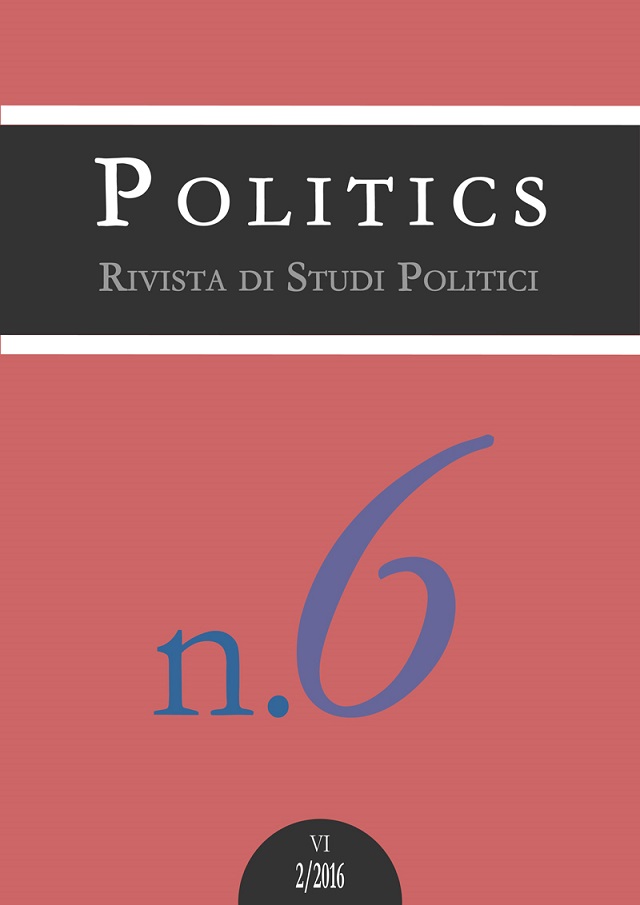Cartografia politica delle passioni: le istituzioni repubblicane in Saint-Just
Abstract
Among the many figures emerging from the controversies surrounding the French Revolution, the name and work of Saint-Just are often forgotten. Discussing the relationship between political theory and political practice, his thought was characterized by a constant attention to connecting social needs within new decision-making arrangements, according to the movements and the divisions occurring within society. The self-governing tendency of society is
a key focus, leading to the overcoming of laws, in favor of a downward distribution of powers: the institutions are spaces of connection between desires, habits, customs and needs, able to connect the different subjectivities. In order to give practical effect to these claims, Saint-Just inscribed the ontological force of social conflicts in a dynamics of transformation, where the equality of rights is the central node in the revolutionary becoming of the people, and virtue is seen as fidelity towards the revolutionary event itself.
Downloads
Copyright (c) 2017 Vincenzo Di Mino

This work is licensed under a Creative Commons Attribution-NonCommercial-ShareAlike 4.0 International License.
In conformità col Public Knowledge Project, la rivista accoglie l'uso di una licenza CREATIVE COMMONS license CC Attribuzione - Non commerciale - Condividi allo stesso modo 4.0
http://creativecommons.org/licenses/by-nc-sa/4.0

